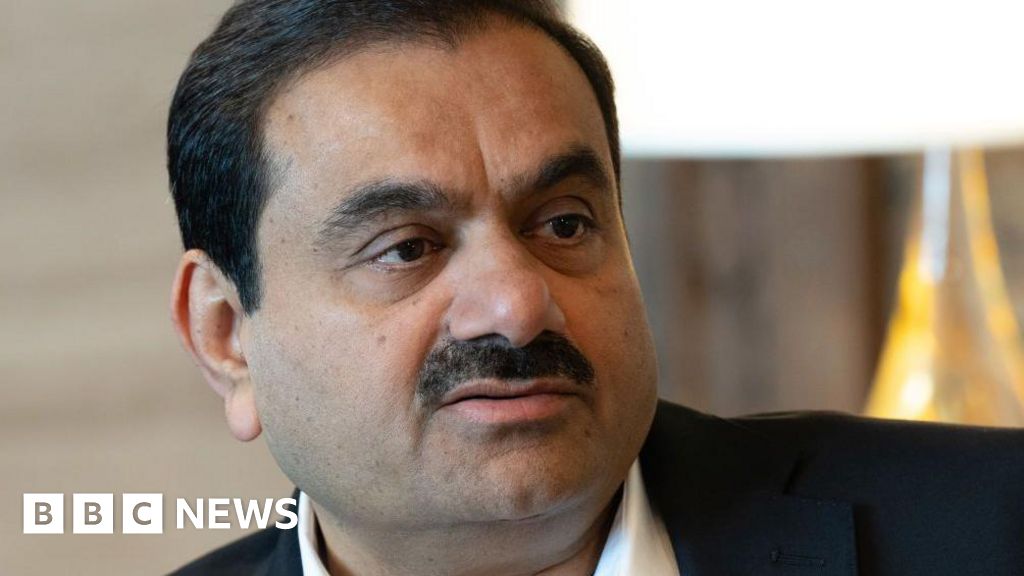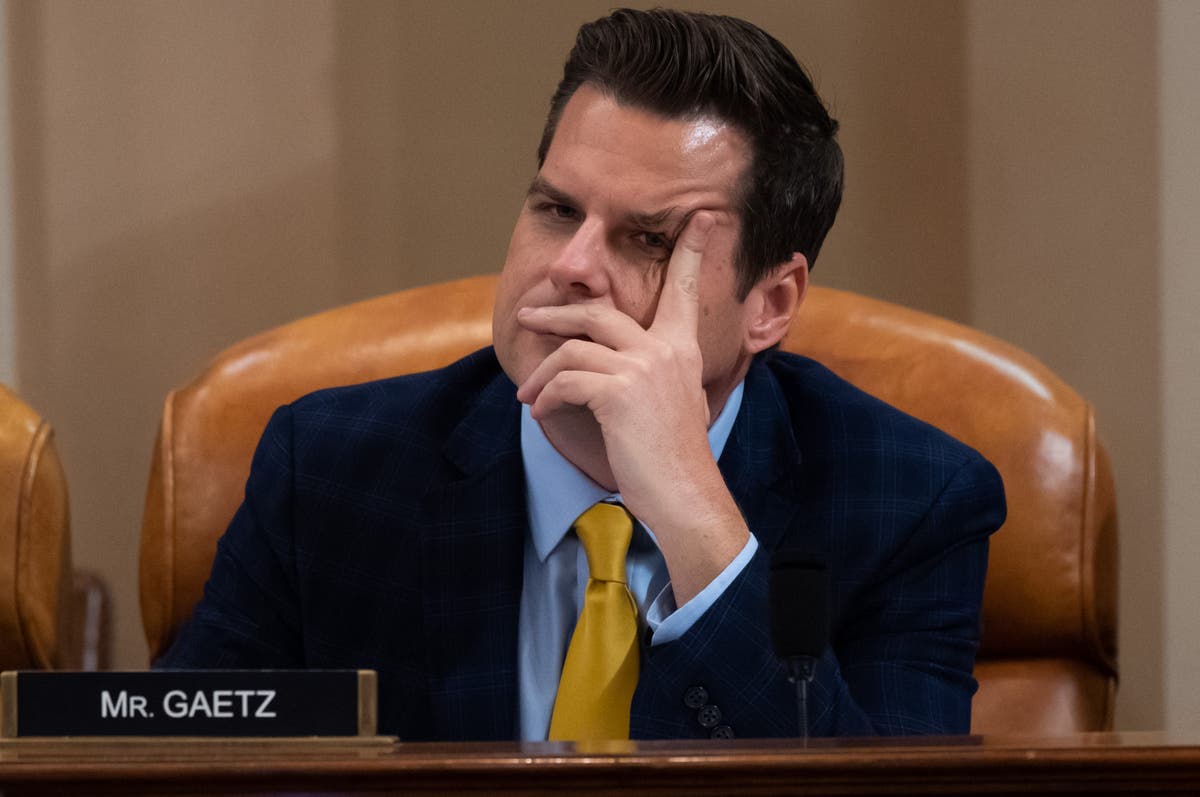On his CNN show, he has hosted figures like Joe Biden, Barack Obama, Benjamin Netanyahu, and even Vladimir Putin. His books consistently become bestsellers, and his Washington Post column is a cornerstone of American journalism. Fareed Zakaria is one of the most recognizable voices in international media. Kathimerini interviewed him via teleconference just days before the US presidential election.
You seem very concerned about tribalism and polarization in the US. How bad is it?
Political scientists and scholars have studied this, and they’ve concluded that, based on objective measures, polarization in the US hasn’t been this high since the period after the Civil War. It’s quite severe, and it’s paralyzing political decision-making. In the past, politicians became prominent by getting things done, often through bipartisan cooperation. You were known for the bills you produced, which usually required support from both sides. Now, largely due to social media, politicians get famous in different ways. Freshmen congresswomen like Marjorie Taylor Greene or Alexandria Ocasio-Cortez, with little experience and no legislative achievements, gain fame by refusing to compromise. That refusal gives them visibility on social media and helps them fundraise for the party. So, because polarization is so high, the incentives now favor not cooperating with the other side.
If the election result is close, are you worried about something like January 6 happening again, or even the possibility of civil war?
I’m not as concerned about the widespread violence that people talk about – I think that’s exaggerated, and frankly, the US can handle those situations well. However, if Trump were to lose and refuse to accept the results, I’m worried we’d see a series of lawsuits, with state officials claiming the election was fraudulent. They might even present alternative delegates, and those delegates would go to Congress. Keep in mind this would be the newly elected Congress. If both the House and Senate are Republican-controlled, what happens then? That’s what concerns me, because it could lead to a complete paralysis of the US government’s functioning and undermine the legitimacy of the system. Ultimately, the courts would probably resolve it, but at a heavy cost to the system’s credibility, both for Americans and on the world stage, where it would create a troubling spectacle.
What does this mean for the United States’ standing in the world? The US used to be a beacon of institutional integrity and democracy.
It’s unfortunate because this is happening at a time when the US is economically more dominant than it has been at many points in history. In areas like technology, artificial intelligence, quantum computing, biotechnology, and space exploration, the US is far ahead of everyone else. Take companies like Nvidia, Microsoft or Apple – Apple’s market value alone is larger than the entire German stock exchange. The combined value of the top seven US tech companies is bigger than the stock markets of Britain, France, Germany, Italy, Japan and Canada put together. And yet, despite this economic and technological supremacy, the political system appears dysfunctional, unable to resolve differences. A lot of this, I believe, stems from how Donald Trump has weaponized these issues. You can have strong disagreements, but Trump attacks institutions – courts, election boards – and that undermines faith in the entire system.
Geopolitically, you often talk about the end of Pax Americana. Do you think that’s where we are now, regardless of who wins?
Yes, but let me explain. The US is still economically dominant, the world’s leading economic power, and it remains militarily dominant. But power needs to be translated into influence – you need to shape outcomes on the ground and get other countries to act in line with your goals. This is where the US has lost ground. When I talk about a post-American world, I don’t mean the decline of American power; it’s more about the rise of everyone else.
Look at countries like China and Russia, but also at middle powers like India, Brazil, Indonesia, Turkey, Saudi Arabia and Greece. These nations now have greater strength and capacity, and they’re asserting themselves more. Greece is part of Europe and generally pro-American, but look at Turkey: Thirty years ago, Turkey was a military dictatorship with a struggling economy, constantly bailed out by the US. Now, under Erdogan, Turkey is politically confident and powerful, routinely defying both the US and Europe. This isn’t an isolated case – Saudi Arabia is asserting its own interests, and Brazil is charting its own path.
We’re living in what I call the “rise of the rest.” For 400 years, it was the rise of the West, but now it’s the rise of the rest. This makes for a far more complicated, multipolar world where you can’t dictate to other countries – you have to persuade them. These nations have clear senses of their own interests. For example, people might say India is pro-American because of its rivalry with China. But look at how India acts: It buys Russian oil and weapons and hasn’t condemned the invasion of Ukraine. India is playing its own game. Multiply that by 10 or 15 countries, and that’s the new world we’re dealing with.
If Putin succeeds in Ukraine, or if Netanyahu continues with some of Israel’s current policies, does that signal a collapse of world order, with the US no longer able to impose any order like it did after World War II?
I think that’s broadly accurate, but I’d add some caveats. First, people sometimes nostalgically look back on a period of American influence that wasn’t quite as strong as they remember. After World War II, the US did have significant influence and helped establish institutions like the UN, the Bretton Woods system, the IMF, and the World Bank. However, the Soviet Union quickly protested, defected, and blocked many of these institutions from functioning effectively for nearly half a century. The UN, for example, was largely paralyzed during the Cold War because the Soviet Union and Communist China would veto everything. So, we shouldn’t imagine a world that didn’t really exist. After 1989, with the fall of communism, things improved significantly. But now, we are retreating from that golden age of international cooperation. In the 1990s, Russia and China worked with the US to monitor North Korea’s weapons program, and Moscow supported the first Gulf War. That was a period of strong cooperation, but we’re moving away from that now.
The challenge we face is one that Greece, as a central player, needs to understand. If you look at the coalition opposing Russia’s aggression in Ukraine – the United States, Europe, Japan, Australia, Singapore – it represents 65% of global GDP and 80% of global military spending. But can this coalition stay united? Can it act with purpose and patience? Putin is betting that, while these countries are richer and more powerful, he has more staying power. So, the test isn’t just for America. The real test is whether the free world can stay united and maintain pressure. As we saw in the Cold War and the War on Terror, opponents of freedom are rarely as strong as they seem. So, if the free world can maintain the pressure, I think it will win in the end.
What happens if Trump is re-elected? Will all these assumptions still hold? And how different would his foreign policy be, for instance, on Ukraine and the Middle East?
Trump is unpredictable. He’s a total narcissist. His decisions are based on what benefits him personally. For instance, in his first term, would anyone have predicted that Trump, a hardline Republican isolationist, would fall in love with Kim Jong Un and try to broker a deal with him? No. Why did it happen? Because someone probably told him he could win a Nobel Prize for striking a deal with North Korea. Any expert would have told you this was highly unlikely. The North Koreans are not going to give up their nuclear weapons. This is Kim Jong Un’s insurance policy. But Trump pursued it. If I were Zelenskyy, I’d try to convince Trump he could win the Nobel Peace Prize by brokering an honorable peace that secures Ukraine as a democratic country aligned with the West.
But Trump’s overall worldview is concerning. Since 1945, every US president has understood the importance of keeping America engaged globally, even if the nature of that engagement was often debated. Trump doesn’t share that belief. He doesn’t seem to grasp that America’s global engagement is what has maintained peace, created an open world where many countries have prospered, and where the US has thrived both technologically and economically. He’s a protectionist and a nationalist who doesn’t see the value in alliances, especially with Europe. That worries me. However, there are people around Trump, like Mike Pompeo, who are more internationalist and focused on Europe. Pompeo is very pro-Ukraine and determined that Russian aggression should not be codified, legitimized or sanctified in any way.
It seems like the only thing Democrats and Republicans agree on is policy toward China. Do you think a confrontation over Taiwan is inevitable in the next two or three years?
I don’t think it’s inevitable. If you look at the world, there are three main arenas challenging the 1945 order or the US-led security system. The most important is Russia’s brutal aggression in Ukraine, which is an attempt to undermine the fundamental principle that territorial conquest by force is unacceptable. The second challenge is in the Middle East, where Iran is using its proxies – Hezbollah, the Houthis, Hamas, and militias in Syria and Iraq – to destabilize the American-led security structure, putting pressure on Israel, Saudi Arabia, the UAE, Bahrain, and other moderate Arab states, alongside Israel, representing the US-led order.
The third challenge is in Asia, where China is more strategically and gradually trying to replace the US as the dominant power through its economic and military influence. Unlike Russia and Iran, which are rogue regimes benefiting from instability and oil price increases, China has a stake in the current system because it has prospered through globalization and open trade. So, you can appeal to China’s self-interest by emphasizing that disrupting the world order is not in their best interest – they want more influence within it.
However, this requires the US and the West to recognize that China, as the second-richest country, has legitimate interests. It cannot be treated as a third-tier power whose ambitions are automatically dismissed as illegitimate. I believe if we can strike a balance of deterrence – ensuring that China cannot invade Taiwan while making it clear that any such action would provoke a massive Western response – we can prevent conflict. At the same time, we should also try to make China understand that if it seeks to gain more influence within the system, that is its legitimate right, and it should contribute to global stability.
Striking this balance between two increasingly suspicious superpowers won’t be easy, but I don’t think it’s impossible. Europe can play a critical role in bridging this gap by promoting Western values, maintaining the current system, while also ensuring China isn’t unnecessarily demonized.
If Kamala Harris wins, will US foreign policy just follow Biden’s path, or could there be significant changes?
I think it’s likely that Harris would continue Biden’s policies and work with the same team. Harris is somewhat unusual in that she doesn’t have a strong foreign policy background or clearly defined foreign policy views. Because of this, it makes sense that she would rely on the people she’s familiar with. So, I expect her administration to largely follow Biden’s approach, except in moments of crisis. That’s when a president’s core instincts come into play.
Could her instincts be different from Biden’s, especially in areas like the Middle East? I suspect they might be. Biden is deeply pro-Israel – it’s ingrained in him. I’m not sure Harris shares that same gut-level connection. That’s one area where we could see a difference. More broadly, though, I think Harris is quite comfortable with open trade and globalization. Remember, she comes from California, a state that represents global industries like tech and entertainment, which are inherently very international in nature.
The crystal ball question: Who is going to win and why?
It’s a statistical tie. It’s never been this close. Hillary Clinton was leading by about four and a half points nationally at this stage, and she ended up winning the popular vote by three and a half points, though she lost the Electoral College. Kamala Harris is currently leading by three points, which is less than Hillary was. In the seven key swing states, Harris is ahead in some, Trump is ahead in others, but neither of them is leading by more than two points in any of those states – well within the margin of error. So, anyone who claims they can predict the outcome is basically lying.
Right now, if you looked at the polls – whether from The New York Times or Nate Silver – it seems Harris has a slight edge. But if you consider the last two elections, Trump consistently outperformed the polls, both nationally and in the swing states. For example, Hillary was ahead by four and a half points but only won by three and a half. Biden was ahead by six or seven points, but only won by four and a half. So Trump tends to do better than the polling suggests. If you factor in the possibility of hidden Trump voters, then Trump might have the edge. It’s so close that, honestly, I don’t know which way it will go. At this point, you might as well flip a coin.
A very important European leader, now retired, told me back in 2020 that if Trump had been re-elected, it would have been the end of the West. Do you agree?
I hope not. I think there are enough forces within the American system that are pushing for closer ties with Europe and supporting the Alliance. But I do worry. There’s no doubt that Trump’s re-election would cause significant damage. Whether it would be so severe that a future president couldn’t repair it in four years, I don’t know. Sometimes we tend to catastrophize these situations. But there’s no question that another four years of Trump would be extremely challenging for the Western Alliance, because he fundamentally doesn’t believe in it.












